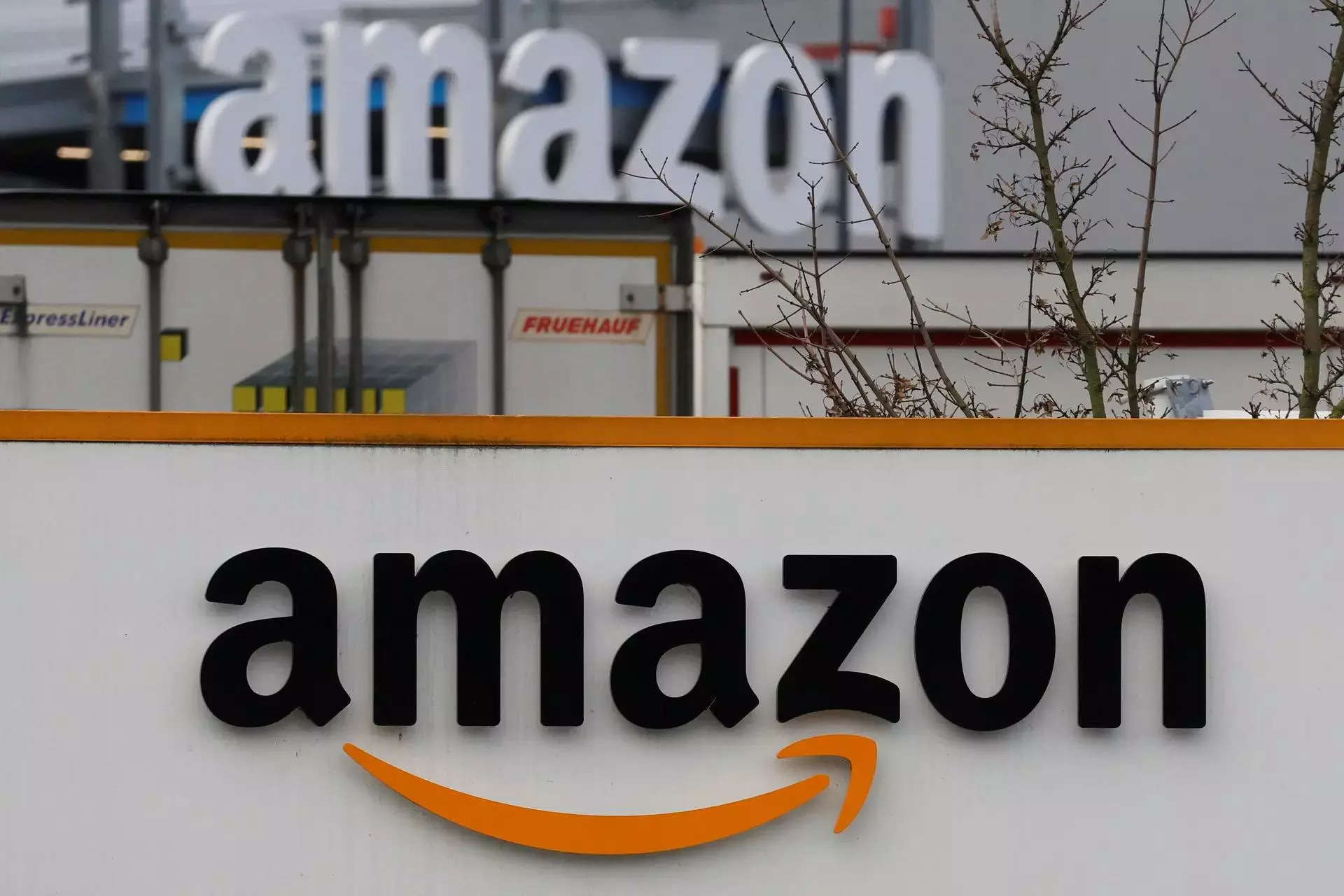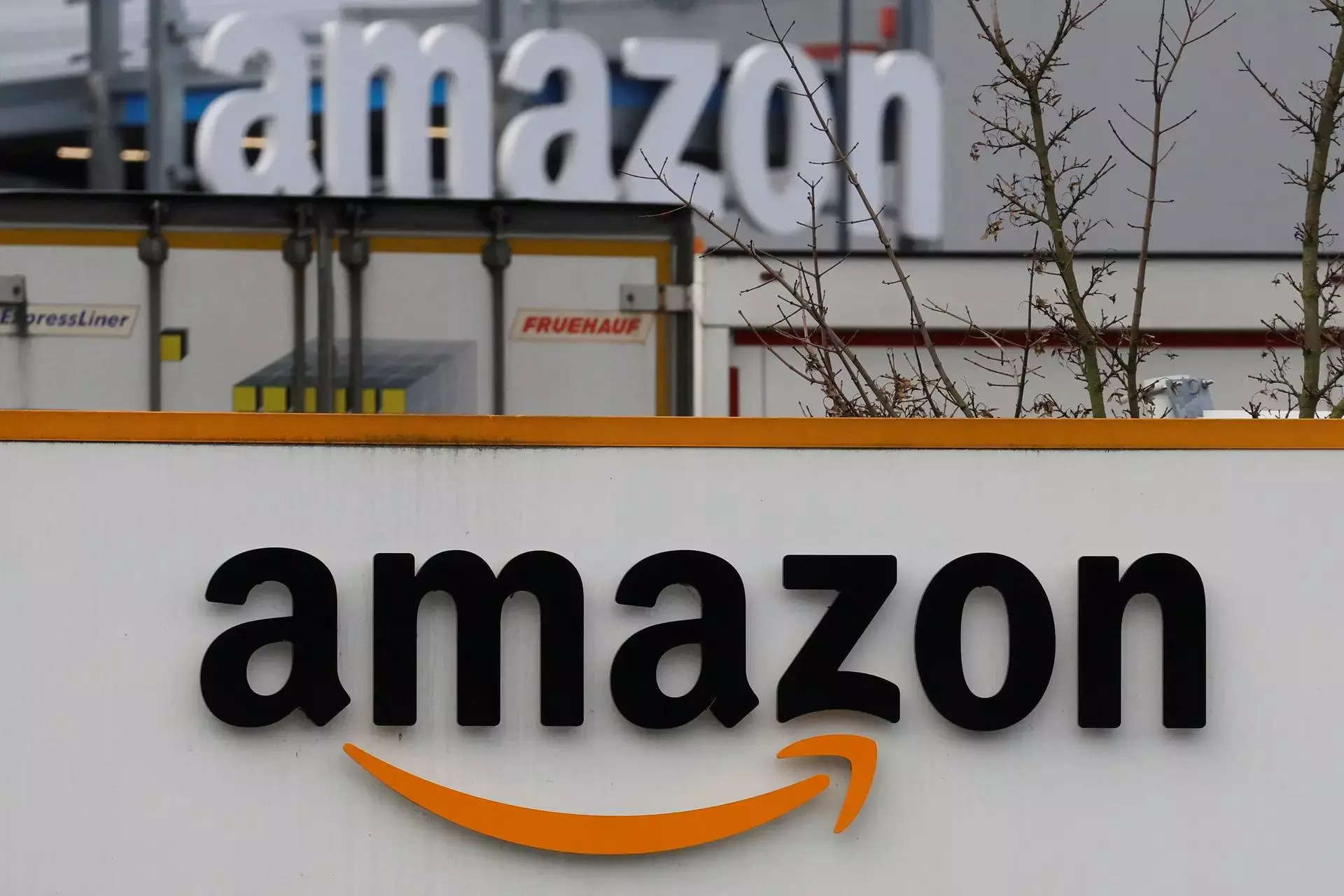
NEW DELHI – Amazon Inc plans to export about $5 billion of small-ticket items from India this year, up from nearly $3 billion in 2023, supplying markets such as the United States and Britain, a company official said, marking a shift away from China.
The move by one of the world’s largest e-commerce companies underscores India’s growing role in the global supply chain and reflects a broader trend among multinational corporations to diversify sourcing away from China.
Walmart Inc plans to hike its supplies from India to $10 billion a year by 2027, up from about $3 billion in 2020.
“India is naturally one of the largest sources of selection for Amazon,” Bhupen Wakankar, director of global trade at Amazon, told Reuters in an interview on Thursday.
He said Amazon had partnered with the India’s commerce ministry and trade associations to connect with thousands of small manufacturers across the country, offering products from textiles and jewellery to household items and Ayurveda products.
Such items are usually easy to post directly to customers abroad and less affected by import taxes than costlier products.
“We are investing significantly in tools and technologies to help sellers optimise their reach, enhance product discovery, and increase sales,” he said, ahead of an exporters’ meeting in New Delhi.
Amazon and Walmart’s Flipkart have reshaped India’s retail landscape in recent years, investing billions of dollars to source supplies from small businesses and attracting consumers through hefty discounts.
But they face criticism from trading and political groups.
India’s commerce minister has accused Amazon and other e-commerce companies of predatory pricing practices and said the sector’s rapid rise should not disrupt millions of brick-and-mortar stores operating in the country.
Last June, Amazon announced plans to increase its investments in India to $26 billion by 2030, including funds for its cloud business.
Through the Global Selling Programme, initiated in 2015, Amazon has enabled about 150,000 small Indian exporters to sell roughly $8 billion worth of products directly to overseas consumers by the end of 2023, Wakankar said.
The company aims to facilitate $20 billion in cumulative e-commerce exports from India by 2025, he added.
The move by one of the world’s largest e-commerce companies underscores India’s growing role in the global supply chain and reflects a broader trend among multinational corporations to diversify sourcing away from China.
Walmart Inc plans to hike its supplies from India to $10 billion a year by 2027, up from about $3 billion in 2020.
“India is naturally one of the largest sources of selection for Amazon,” Bhupen Wakankar, director of global trade at Amazon, told Reuters in an interview on Thursday.
He said Amazon had partnered with the India’s commerce ministry and trade associations to connect with thousands of small manufacturers across the country, offering products from textiles and jewellery to household items and Ayurveda products.
Such items are usually easy to post directly to customers abroad and less affected by import taxes than costlier products.
“We are investing significantly in tools and technologies to help sellers optimise their reach, enhance product discovery, and increase sales,” he said, ahead of an exporters’ meeting in New Delhi.
Amazon and Walmart’s Flipkart have reshaped India’s retail landscape in recent years, investing billions of dollars to source supplies from small businesses and attracting consumers through hefty discounts.
But they face criticism from trading and political groups.
India’s commerce minister has accused Amazon and other e-commerce companies of predatory pricing practices and said the sector’s rapid rise should not disrupt millions of brick-and-mortar stores operating in the country.
Last June, Amazon announced plans to increase its investments in India to $26 billion by 2030, including funds for its cloud business.
Through the Global Selling Programme, initiated in 2015, Amazon has enabled about 150,000 small Indian exporters to sell roughly $8 billion worth of products directly to overseas consumers by the end of 2023, Wakankar said.
The company aims to facilitate $20 billion in cumulative e-commerce exports from India by 2025, he added.

